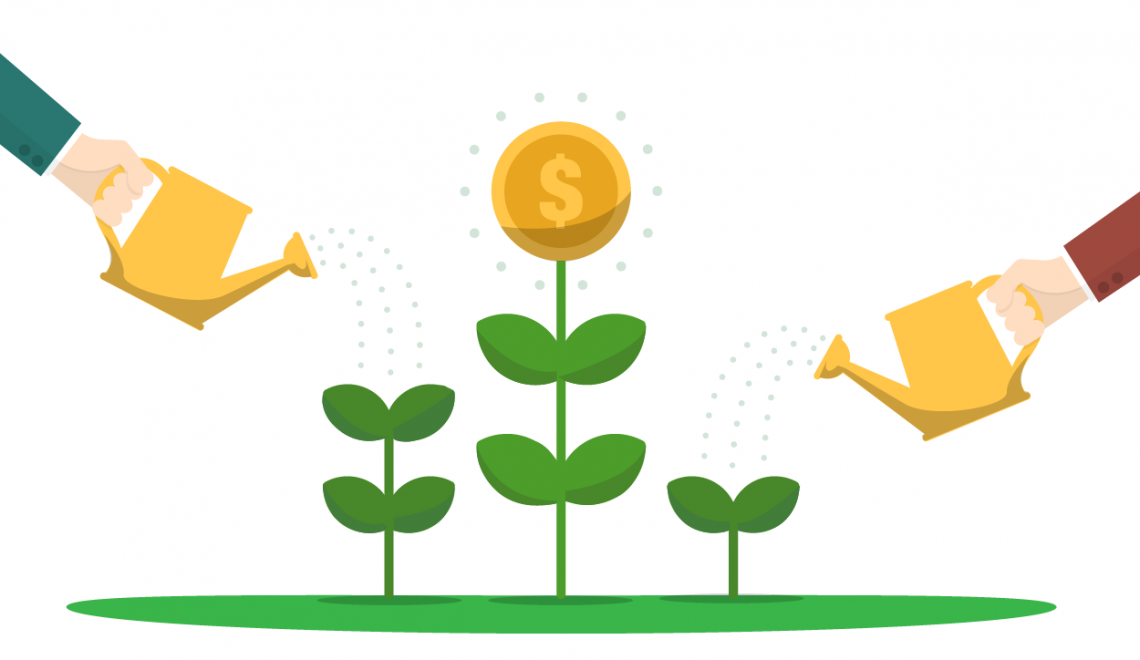
This is a continuation of last week’s opinion on the poverty moniker. Way back in in March 2016, in a paper we titled “Charting a SMART Future for Our Nation” we had engaged OWC on specific issues that needed to be addressed to make agriculture a strategic cog in our drive towards middle income status. In our paper we argued for 5 actions that would change the impact of agriculture. The first was increasing coffee production (20 million bags by 2020) and and the second was becoming self-reliant in planting material through use of NARO research. Here are the three others.
Quality animal genetic breeding: we need to resolve the problem of animal breeding and quality of genetic materials used for artificial insemination to grow the local and export markets for animal protein. Here, we need to develop Public Private Partnership (PPP) with private breeders at the core of this activity. The efforts in this space should focus on a) linking NAADs and NAGRIC to commercially produce enough animal breeding material and control the quality of genetic the stock of cows, goats, pigs and fish, b) reviving government stock farms and also work with strategic private breeders with commercially viable land parcels to increase breeding stock and animal inventory and c) construction of national regional abattoirs, to a world class standard.
Value addition and employment: working with Uganda Industrial research Institute (UIRI), we need to identify ways of intensifying value addition efforts along the agricultural production chain. Value addition, helps create jobs and increase the value of exports and hence foreign exchange inflows. It is obvious that we have been donating most of our produce to other geographies in the form of raw materials. Value addition is a clear path to becoming a middle income country and fulfilling vision 2040. The experimentation with Rural Industrial Centre (RIC) at Kapeeka in Nakaseke district has yielded impressive results. RICS should become a fixture in every district of Uganda to kick-start effective national socio-economic transformation of the country. The RICs will create conditions for smallholder farmers and entrepreneurs to thrive by reducing post-harvest losses, adding value to their produce, and upgrading technologies.
Development financing: as an independent economy we must be clearly concerned by the lack of access to affordable finance by our people. There is a dire need to reduce over-reliance on commercial bank financing for long term projects. This is because commercial funds present a mismatch challenge in respect to the gestational periods required by development projects. Government has already made policy pronouncements with regard to addressing this problem in the SOTN address and the budget 2015/16. This strategy will be implemented over the medium term and focuses on refinancing Uganda Development Bank Limited.
The above are just five of the actions that we picked from vision 2040. We believed then and still do that Uganda can be transformed into a middle-income country through an agricultural revolution. We were not even thinking of oil, which would be a boon to these activities if the revenues therefrom were well invested for intergenerational equity. We were keenly aware that the Government had other programs in the areas of infrastructure, health and education but all efforts to transform our economy are meant to complement each other. The goal, by whatever means is to ensure that our people can live more dignified lives.
As I write this ( in 2021), we have just made it to 600,000 bags where we should have been at 1.66 million bags a month according to the plan back then. So what is it that fails our programs? If you ask me, it is implementation. One can check the level of progress achieved with the other four programs, but I bet the situation is similar. Our problem has never been the lack of resources. It is the lack of organization and institutional savvy. Not even the IMF or World Bank can lend for those.
Samuel Sejjaaka is Country Team Leader at Mat Abacus Business School. Twitter @samuelsejjaaka



